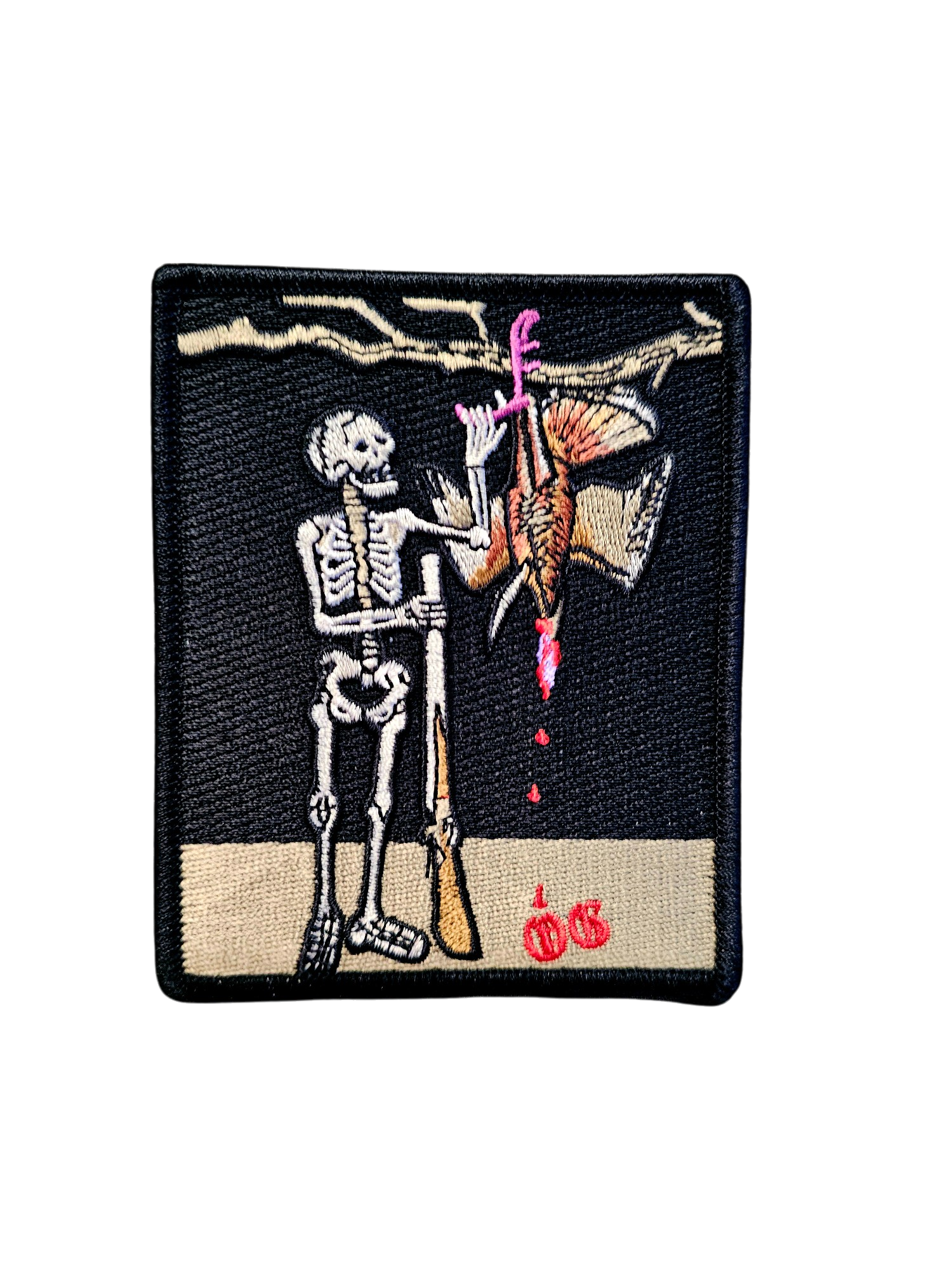        |
How does weather affect the lek?Started by ChesterCopperpot, April 08, 2022, 07:46:32 AM Previous topic - Next topic
User actions
|
        |
How does weather affect the lek?Started by ChesterCopperpot, April 08, 2022, 07:46:32 AM Previous topic - Next topic
User actions
|